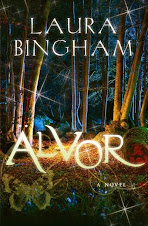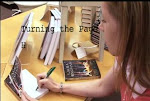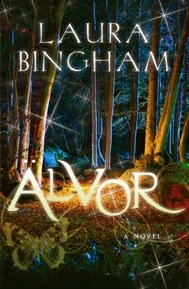It today's film
industry, dystopian settings that pit a teenager against seemingly
unconquerable odds are as commonplace as cozy New England towns and awkward 20
somethings in rom-coms. Suzanne Collins' The Hunger Games trilogy (out of theaters, but still available on
demand and streaming online)
started a fire that still burns brightly, though no film since then has been
able to generate as much buzz, or manage to be as interesting as Katniss and
her struggles in the arena. Except The Maze Runner. James Dashner's New
York Times bestseller movie
adaption hit theaters this past September, and it’s tackled the familiar
subject of survival in an impossible society with flair.
The Maze Runner follows the story of Thomas, a boy who awakens
in an elevator shaft with absolutely no memories of his identity or life until
that point. He finds himself in a community of boys, all of whom also have no
memories, and soon discovers that they are all in a maze, and must team up
together for a chance to escape.
Like every book to film
adaptation, there are some differences that the plot undergoes in the
transition from page to screen. Often times, events from the novel are omitted
in order to create more fluid story that incorporates the full plot in the
average hour and a half run time. The Maze Runner was no exception to
this, with Thomas remembering events from his past much earlier on in the film
than in the novel. This was clearly done for the purpose of saving time. When
we're able to read the thoughts going through his mind and experience the
journey of remembering with him, it’s interesting, but watching Dylan O'Brien and other characters ponder about on screen while bits and pieces
of their past return to them, accompanied by attacks from the movie's baddies,
called grievers, wouldn't be as entertaining. Some character dynamics were also
changed in the film, with Thomas falling under the mentor of another boy, Alby,
with whom he had a tense relationship in the novel. This change enabled Thomas
to ask questions and learn things that expedited the progression of the plot,
and also took away some of the original terror of The Glade.
Although fans oftentimes
lash out at an author when a film adaptation doesn't turn out as they
envisioned, the truth of the matter is that while author may be consulted by
screenwriters and directors, as well as pay some visits to set and give
interviews with cast members, the writer doesn't control the logistics of film
making. They can, however, give their approval and James Dashner seems quite pleased with how first book of The
Maze Runner series has translated to the screen. He did have a conference
call at the beginning of the filming process with the producers, and made
several visits to watch the movie be shot. Overall, he says he's happy with all
the changes that were made as he feels they were pivotal to the plot, and he
"agrees and supports everything about this film."
Fans and critics seem to
agree as well. Since its US release on September 19th, The Maze Runner
has raked in over $192 million worldwide, and received rave reviews. So far it's been
praised for its strong acting, solid plot, and dark take on the dystopian
universe.
Fans who are waiting
with bated breath need not worry - the film rights to The Maze Runner
trilogy have been obtained by Fox. and the sequel, The Scorch Trials hits theaters September, 2015.






















